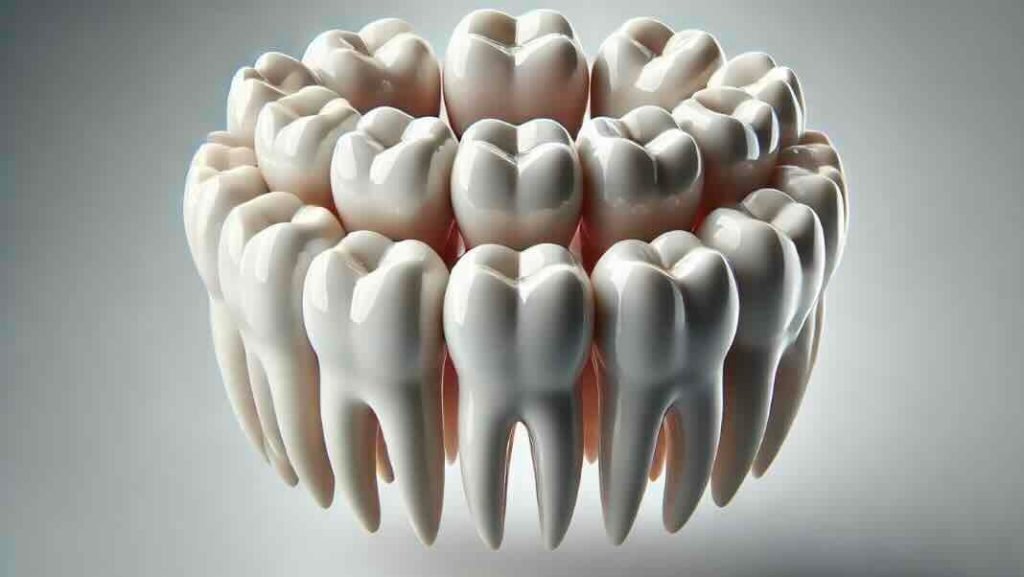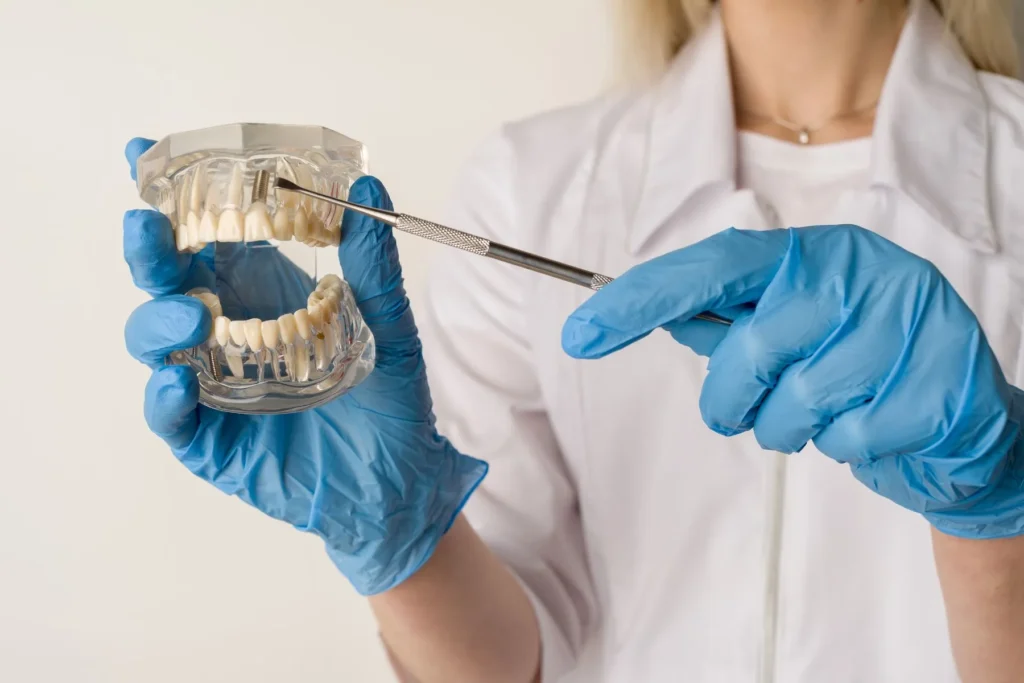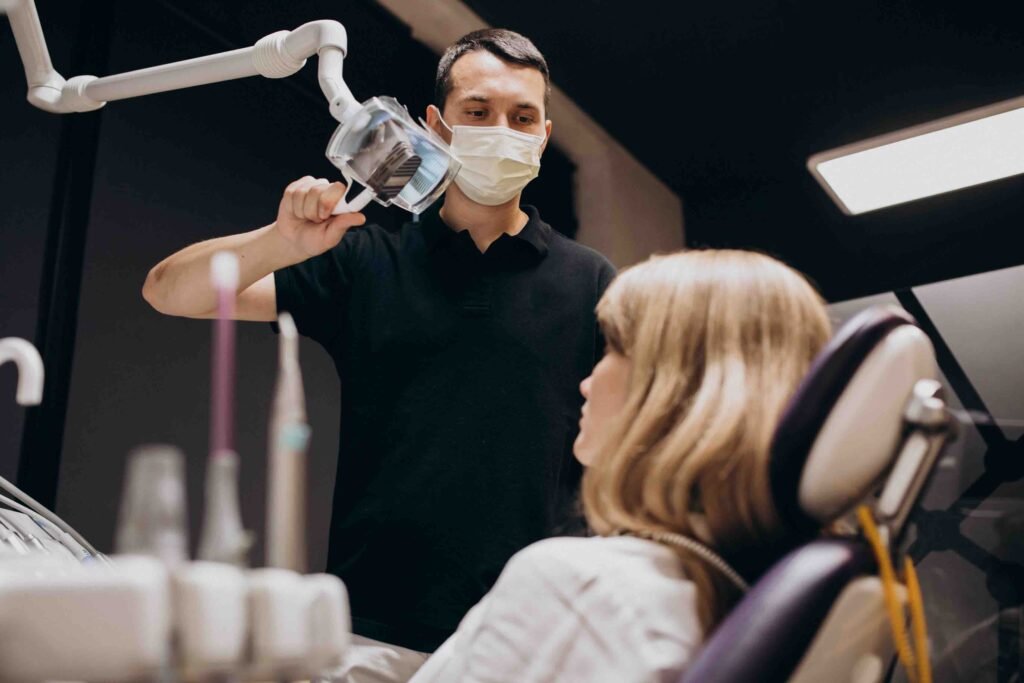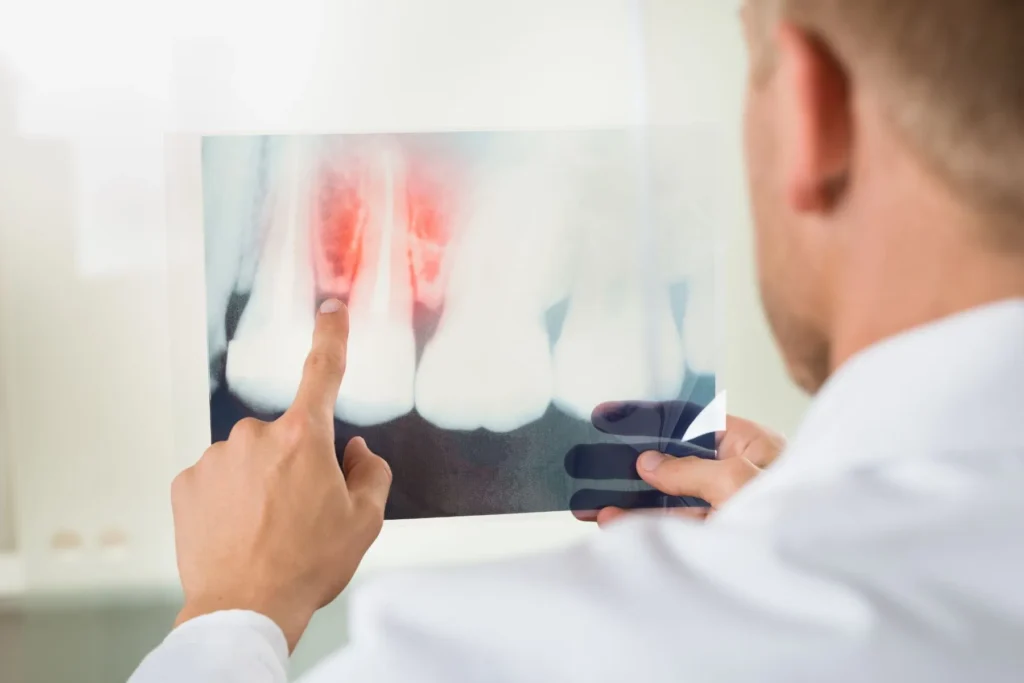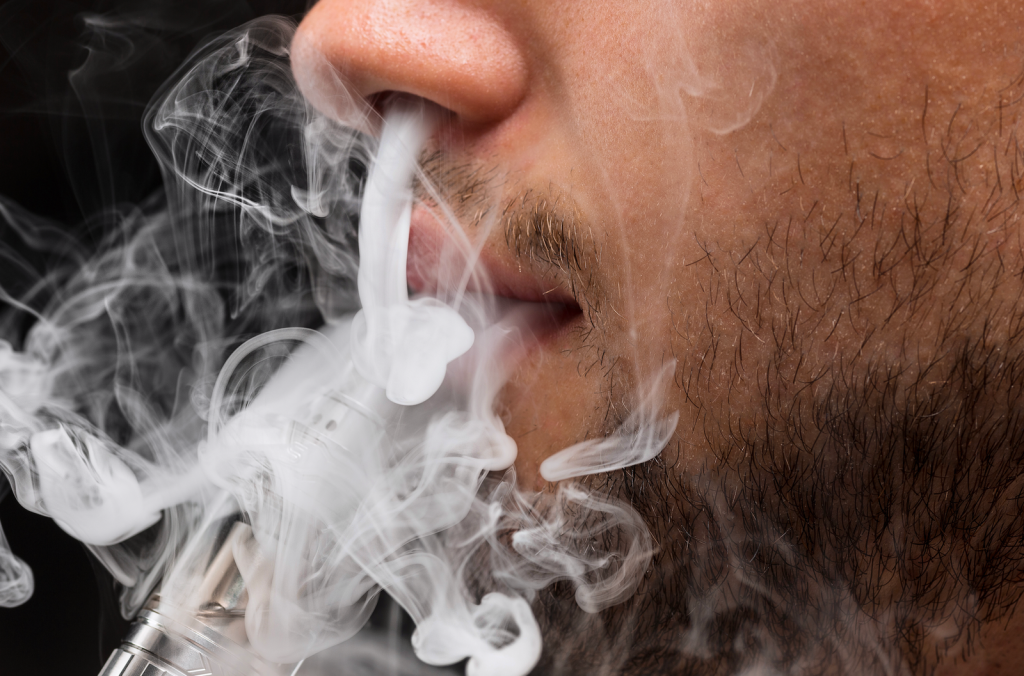Why Are Your Teeth Loose?
Feeling a loose tooth as an adult can be an alarming experience. Unlike in childhood, when losing teeth is natural, loose teeth in adults can indicate underlying oral health problems that require immediate attention. The causes can range from minor, reversible issues to severe conditions that may lead to tooth loss if untreated. This guide will help you understand why teeth become loose, what steps you should take, and what you should avoid to prevent further damage.
Common Causes of Loose Teeth in Adults
1. Gum Disease (Periodontitis)
One of the leading causes of loose teeth is advanced gum disease, known as periodontitis. This condition occurs when plaque buildup leads to inflammation, damaging the gums and bone that support the teeth. As periodontitis progresses:
- Gums begin to recede, exposing more of the tooth roots.
- The supporting bone structure deteriorates, weakening the teeth.
- Teeth may feel loose and eventually fall out if not treated.
2. Trauma or Injury
Accidents, falls, or direct impact on the mouth (such as from sports injuries) can loosen teeth by damaging the ligaments or bone that hold them in place. Even grinding or clenching your teeth (bruxism) over time can exert excessive pressure, leading to tooth mobility.
3. Osteoporosis
Osteoporosis is a condition that weakens bones, including those supporting your teeth. As bone density decreases, teeth may lose their stability and become loose. Women, especially postmenopausal, are at higher risk.
4. Poor Oral Hygiene and Plaque Buildup
Inadequate brushing and flossing allow plaque to accumulate along the gumline, leading to inflammation and potential tooth loosening. If left untreated, this can develop into periodontitis.
5. Hormonal Changes
Pregnancy, menopause, and hormonal imbalances can affect gum health, sometimes making them more sensitive and prone to loosening teeth. Pregnant women may experience “pregnancy gingivitis,” which, if severe, can contribute to tooth mobility.
6. Chronic Diseases and Medications
Conditions like diabetes and autoimmune disorders can affect gum health and bone structure, increasing the likelihood of loose teeth. Certain medications, such as those causing dry mouth, can also make teeth more vulnerable.
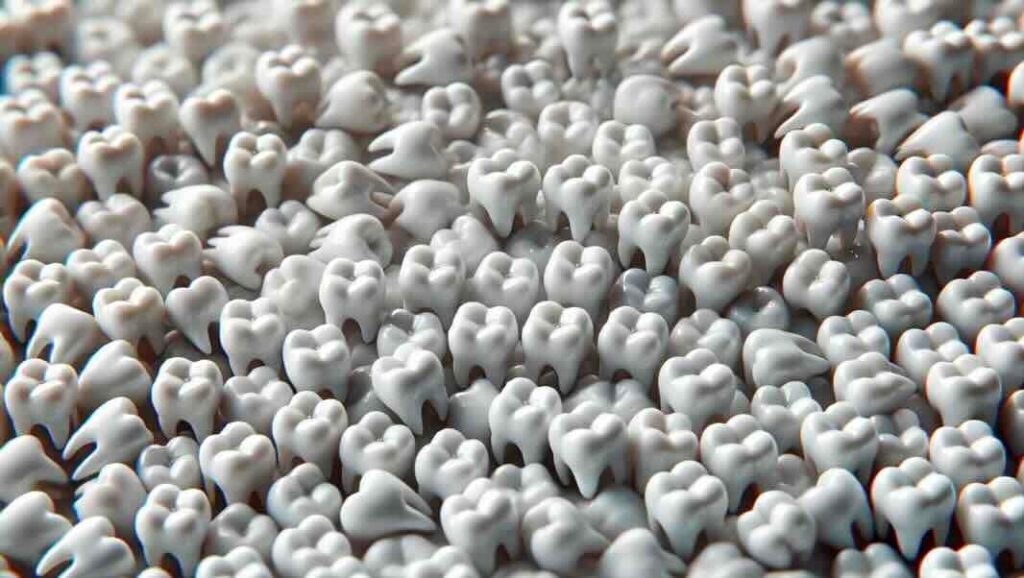
Signs That You Should Seek Immediate Dental Care
If you experience any of the following symptoms along with a loose tooth, consult a dentist as soon as possible:
- Pain or discomfort when chewing or brushing.
- Swollen, red, or bleeding gums, indicating gum disease.
- Receding gums, exposing more of the tooth surface.
- Persistent bad breath or a bad taste in your mouth.
- Pus between your teeth and gums, a sign of infection.
Ignoring these symptoms could lead to permanent tooth loss or serious oral health complications.
What to Do If You Have a Loose Teeth
1. Visit Your Dentist Immediately
The first and most important step is to schedule an appointment with your dentist. Early intervention can often save a loose tooth and prevent further damage.
2. Maintain Excellent Oral Hygiene
- Brush your teeth twice daily with a soft-bristled toothbrush.
- Floss gently to remove plaque between your teeth without causing more irritation.
- Use an antibacterial mouthwash to reduce bacteria and inflammation.
3. Eat a Soft Diet
Avoid hard, crunchy, or sticky foods that could worsen tooth mobility. Opt for:
- Soft fruits and vegetables
- Yogurt and dairy products rich in calcium
- Protein-rich foods to support gum and bone health
4. Avoid Excessive Force on the Loose Tooth
- Do not wiggle, push, or touch the loose tooth with your tongue or fingers.
- Do not chew on that side of your mouth to prevent further loosening.
5. Consider a Mouthguard for Teeth Grinding
If bruxism (teeth grinding) is a suspected cause, a custom nightguard can help reduce pressure on your teeth while you sleep.
6. Manage Underlying Conditions
If conditions like diabetes or osteoporosis are contributing to loose teeth, work with your doctor to keep them under control. Proper management can slow the progression of oral health issues.

What NOT to Do If You Have Loose Teeth
- Do not attempt to pull it out – This can lead to infection and unnecessary damage.
- Do not rely solely on home remedies – While some natural treatments can help soothe symptoms, they cannot replace professional dental care.
- Do not ignore the problem – Even if the tooth feels only slightly loose, it could be a sign of a serious issue that requires treatment.
Treatment Options for Loose Teeth
Depending on the cause and severity, your dentist may recommend:
1. Deep Cleaning (Scaling and Root Planing)
For gum disease-related loosening, a deep cleaning procedure removes plaque and bacteria below the gumline to encourage healing.
2. Splinting
If trauma caused the tooth to loosen, the dentist may splint it by bonding it to adjacent teeth for added stability while it heals.
3. Bone Grafts
In cases of significant bone loss, bone grafting can help regenerate lost bone tissue, strengthening tooth support.
4. Periodontal Surgery
Advanced periodontitis may require surgical procedures to restore gum and bone health.
5. Tooth Extraction and Replacement
If a tooth is beyond saving, your dentist may recommend an extraction followed by a dental implant, bridge, or denture to restore function and aesthetics.
How to Prevent Loose Teeth in the Future
- Practice good oral hygiene daily.
- Schedule regular dental check-ups (every 6 months).
- Eat a balanced diet rich in vitamins and minerals.
- Avoid smoking and excessive alcohol consumption.
- Wear a mouthguard if you grind your teeth.
- Manage systemic health conditions like diabetes.
Conclusion: Take Action to Protect Your Teeth
Gum grafting is an effective and proven treatment for gum recession, helping to restore a healthy gumline, reduce sensitivity, and protect teeth from further damage. Beyond the functional benefits, it also improves the appearance of your smile, which can boost confidence and overall well-being. While the procedure may seem daunting, advancements in dentistry have made gum grafting more comfortable and successful than ever before.
If you are experiencing gum recession, consulting with your dentist or periodontist is the first step toward protecting your oral health. By addressing gum recession early and following proper post-operative care, you can improve both the aesthetics and function of your smile for years to come. Don’t wait until the problem worsens—seek professional advice and take proactive steps to maintain healthy gums and teeth for life.

